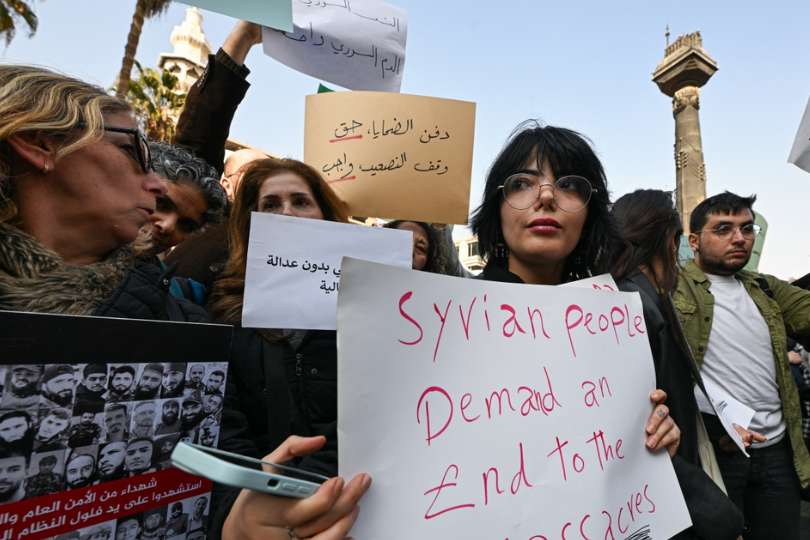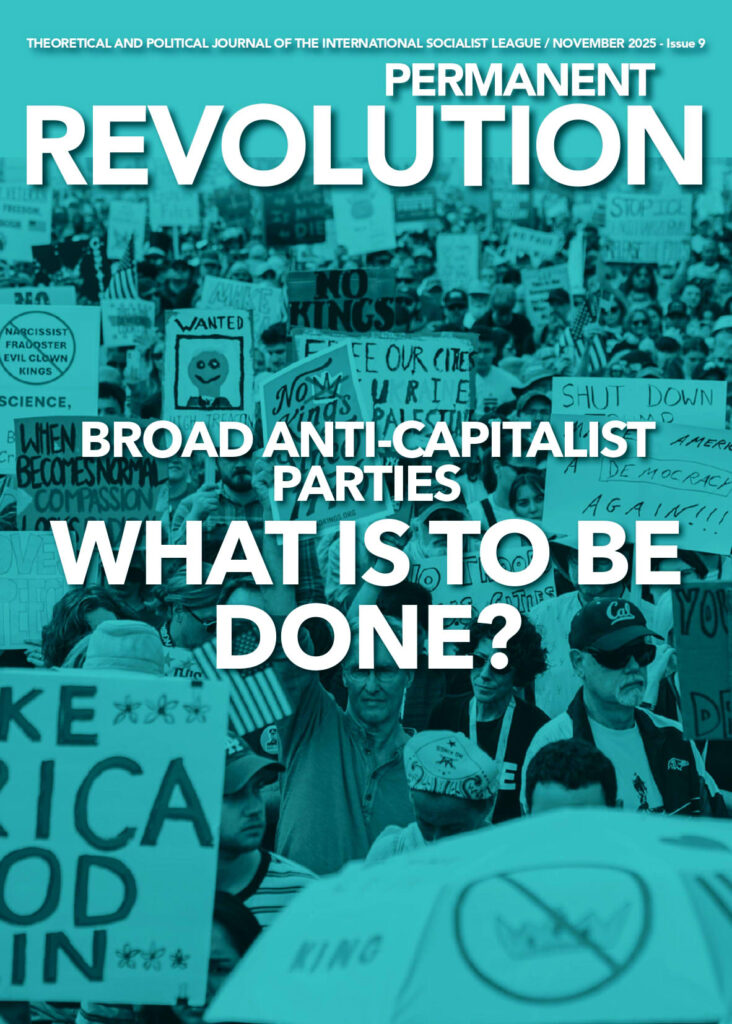The fall of the old and reactionary Syrian regime was a historic event that opened a new stage with an uncertain destiny.
By Ruben Tzanoff
During last week, Syrian provinces Latakia and Tartous were the scene of severe violence. Different sources reported the death of 1,311 people, 830 of which were civilians, at the hands of forces led by the “Syrian National Salvation Government”, and 481 fighters between government militias and those loyal to the former regime. Defense Ministry spokesman Hasan Abdel Gani stated on Sunday, March 9, that the security forces had regained control of the region.
Killing of civilians
Residents of Jableh, Baniyas and other villages reported that Alawi civilians were mortal victims of assaults, their towns set on fire and looted. Executions and humiliations were filmed and shared on social media by government soldiers. Some civilians fled into the mountains and others attempted to cross the border into Lebanon seeking refuge. The Alawite minority represents 10% of the Syrian population to which Al Asad belonged. The massacre sparked protests in Damascus which were interrupted by counter-demonstrations and dispersed by the police.
Credibility is being questioned
Since coming to power, Ahmed Hussein al-Sharaa (HTS – the Levant Liberation Organization) has promised to respect ethnic minorities, which is now questioned due to the accusations of the killing of Alawi civilians.
Threats and regional interests
In the south, the Druze of Sueida have warned of the possibility of similar incursions into their territory, in response to which Israel promised to “protect the Druze populations from the Islamist government in Damascus”. And Russia, ally of the former regime, expressed concern about its naval base in Tartous, warning about the regional risks arising due to violence.
Kurds sign peace agreement and join Syria
In a historic event, the U.S.-backed Syrian Kurds signed a peace agreement with the pro-Turkey Al Sharaa interim government, which includes the incorporation of civilian and military institutions into the Syrian state and respect for Kurdish rights with certan level of autonomy. The leader of the Kurdish Syrian Democratic Forces (SDF), Mazloum Abdi, assured that: “We are determined to build a better future that guarantees the rights of all Syrians”.
In anticipation of the agreement, the founder of the Kurdistan Workers’ Party (PKK) Abdullah Öcalan – imprisoned since 1999 on a Turkish island – had expressed his willingness for the Kurdish guerrilla organization to lay down its arms with a commitment by the Turkish government to respect the autonomy of the Kurdish regions.
A revolutionary and socialist alternative
The crimes and human rights violations of the old and new regimes must be investigated in a transparent manner and those materially and politically responsible must be punished.
The workers and the Syrian people have the right to debate and decide their own political, democratic and social destiny, for which it is urgent to convene a Constituent Assembly to reorganize the country on new bases.
During this transition, the current Islamist regime is deploying a submissive policy to different expressions of imperialist capitalism and reactionary ideologies.
The regroupment of the Syrian revolutionary socialists is key, to elaborate a transitional, anti-capitalist program, with policies that answer to the immediate needs of its peoples, to carry out common actions, to postulate a Socialist Syria and a Socialist Federation of the Middle East.





